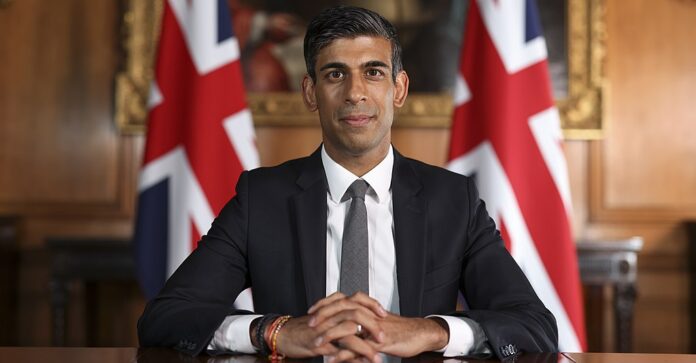Refugee Council report warns of “system meltdown” and billions in costs amid Rwanda scheme
Rishi Sunak’s recent immigration legislation is predicted to result in a severe “system meltdown,” leaving over 100,000 asylum seekers stranded in the UK, according to a new report by the Refugee Council. Despite the government’s plans to fly 2,000 people to Rwanda by the year’s end, the analysis reveals that a staggering 115,575 individuals will be left in limbo, with taxpayers facing billions in accommodation costs.
The report’s release follows the passage of the Prime Minister’s Safety of Rwanda (Asylum and Immigration) Bill, allowing for the relocation of asylum seekers to the East African nation. Under the new law, individuals who enter the UK without prior permission, regardless of the method, are barred from seeking asylum. Home Secretary James Cleverly is mandated to arrange for their removal either to their home country or to a designated safe third country.
Embed from Getty ImagesHowever, with no current mechanism for applying for asylum outside the UK, the vast majority of asylum seekers in the UK will be affected by this duty, the charity explains. Only a fraction of individuals will be eligible for removal to their home country or relocation to Rwanda, leaving the majority, over 115,000 people, in an “inadmissible” status and stranded in the UK.
The Refugee Council warns that this could expose asylum seekers to exploitation and destitution, with significant risks to their safety and well-being. Despite Rishi Sunak’s hopes that the Rwanda scheme would deter migrants from crossing the English Channel, recent events have demonstrated otherwise, with hundreds continuing to make the perilous journey.
The United Nations and the Council of Europe have strongly criticized the Rwanda scheme, calling it a “worrying global precedent” and a breach of international refugee protection standards. Filippo Grandi, UN High Commissioner for Refugees, urged Sunak to reconsider, emphasizing the plan’s potential to undermine international cooperation.
Preparations for the first flights to Rwanda are underway, with asylum seekers being identified and potentially detained. Although initial numbers sent to Kigali will be small, with multiple flights per month promised, the financial commitment to the scheme is substantial. Despite these efforts, the Refugee Council remains adamant that the legislation will lead to a costly and avoidable crisis.
Enver Solomon, CEO of the Refugee Council, denounced the legislation as “reckless” and called for its repeal, emphasizing the need for a fair and efficient asylum system. However, the Home Office maintains its stance, asserting that the Rwanda scheme will create the necessary deterrent against illegal migration.
